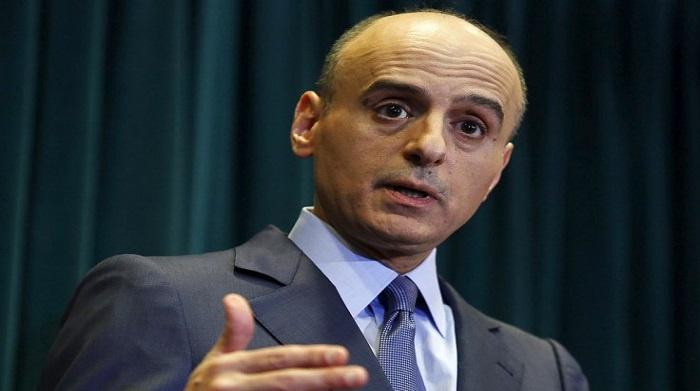Saudis’ Political Bluff

Saudi King Salman made his maiden visit to the US to talk with Obama about different issues including the nuclear agreement with Iran.
The Iran Deal has led to tension between the US and Saudi Arabia. The Saudis, along with the Israelis, have clearly demonstrated their opposition to the deal. The P5+1 (five UNSC veto-wielding powers plus Germany), particularly the US, have attempted to assure both the Israelis and Saudis that the deal would not be a threat against them.
This trip has no relation to Iran’s nuclear program or the nuclear deal and the Saudis want to use this issue to cover their weaknesses. The main objective of King Salman’s trip is to decrease tensions between the US and Saudi Arabia that stem from the Saudis’ destructive role in the region, not the Iranian nuclear program.
Tension between the US and Saudi Arabia has increased recently. The Saudis had promised the Americans that they would put an end to the Yemeni crisis in a month; however, the crisis is still going on after six months and the fire of the crisis has spread over the Yemeni territory and beyond its borders.
The Americans are worried that Yemen would be the next Syria and a hub for terrorist groups like al-Qaeda and also that the instability in the country would instigate a new wave of migration. Tension between the US and the Saudis has increased to such a level that the Saudi FM traveled to Moscow to form a new partnership with Russia. This has of course annoyed the US.
Obama's recent remarks, stating that the Arab Middle Eastern countries’ main problem was not rooted in Iran’s behavior but in their own domestic conditions, shows that the Arab-American tensions are serious.
Therefore, the Saudis’ efforts to reduce tensions with the US to the level of the nuclear agreement would be ineffective, since these tensions are less related to Iran’s nuclear program than the Saudis’ destructive role in the region.
During the pre-Iran Deal era, Saudi Arabia used to show its concern regarding the Iranian nuclear program and viewed it as a threat for itself and other countries of the region. However, even after the deal (which the great powers saw as a guarantee to Iran’s peaceful nuclear program), the Saudis are still worried about the agreement.
This view has revealed the Saudis’ anti-Iran framing and propaganda, and demonstrated that Riyadh’s concerns about the agreement stem from the lifting of sanctions and the likely bolstering of Iran’s influence in the region.
This fact has been completely understood. Thus, Saudis were prevented from playing a destructive role in the nuclear deal. Riyadh could neither influence the great powers, nor could it have an impact on the deal. This country is now attempting to play its true role.
Saudi Arabia is not in a position to receive any guarantee from the Americans and other Western countries. Adel al-Jubeir’s claims of receiving guarantees on the nuclear deal are all political bluffs.
Translated by: Parisa Farhadi

